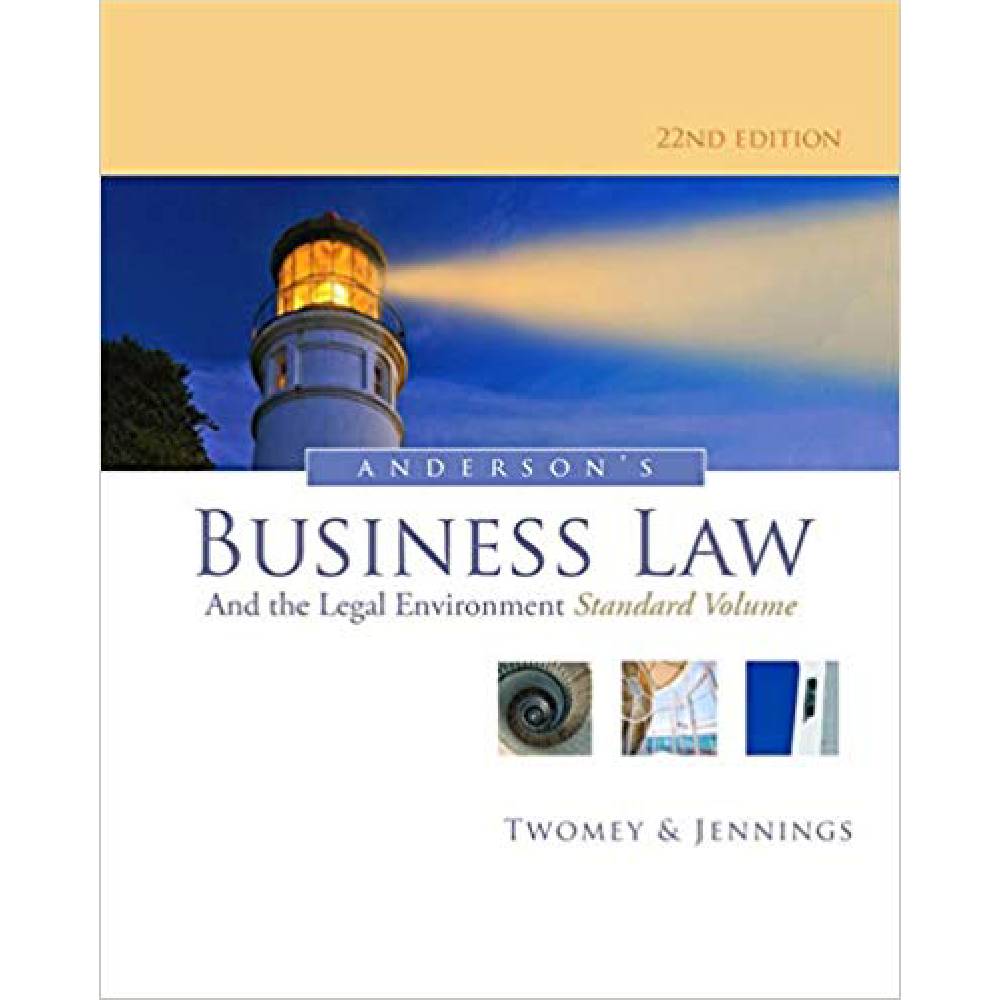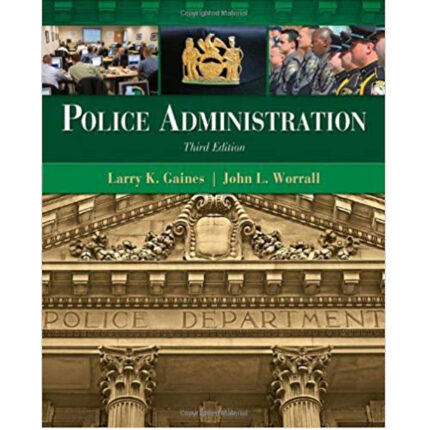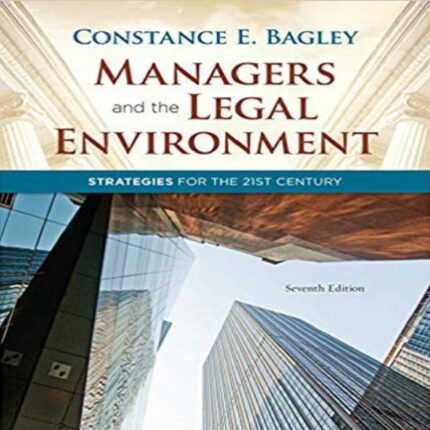Chapter 12—NATURE AND CLASSES OF CONTRACTS: CONTRACTING ON THE INTERNET
TRUE/FALSE
1. A contract is essentially an agreement that creates an obligation.
ANS: T MSC: AACSB Analytic
2. Because transfer of value is essential to a valid contract, contracts cannot arise in the performance of personal services.
ANS: F MSC: AACSB Analytic
3. A contract can only involve two parties.
ANS: F MSC: AACSB Analytic
4. A person who makes a promise is the promisor, while a person to whom the promise is made is the promisee.
ANS: T MSC: AACSB Analytic
5. Only the parties who signed the original contract can have rights with respect to that contract.
ANS: F MSC: AACSB Analytic
6. An offeror makes an offer to an offeree.
ANS: T MSC: AACSB Analytic
7. The law requires parties to be fair and reasonable in the making of a contract.
ANS: F MSC: AACSB Analytic
8. Negotiable instruments are examples of formal contracts.
ANS: T MSC: AACSB Analytic
9. A contract for an amount greater than $1 million must be made under seal or it is not binding.
ANS: F MSC: AACSB Analytic
10. A recognizance is an agreement by which one party admits or recognizes that a specified sum of money is owed to another party.
ANS: F MSC: AACSB Analytic
11. An express contract is one in which the agreement is shown by the acts and conduct of the parties.
ANS: F MSC: AACSB Analytic













Reviews
There are no reviews yet.